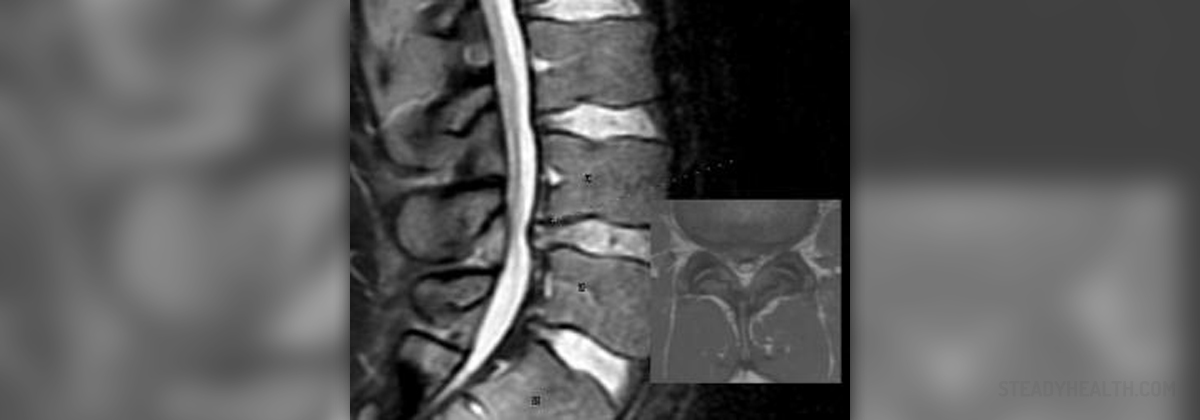
Human spine is made of 33 vertebrae, and the spinal discs are consisted of the innerlayer that is called nucleus and outer layer that is named annulus fibrosus. Themain role of these disks is to protect the spine from any kind of injury and theyprovide bending movements of the spine. In case when spinal discs degeneratedue to certain reasons such as aging or an injury, for example, it may happenthat jelly-like inner layer of the discs ruptures and gets herniated through theouter layer. It is then called herniated disc. There are many other names forherniated disc, such as compressed disc or bulging disc or prolapsed disc, aswell as slipped disc, ruptured disc or herniated intervertebral disc. In the majority of cases, thiscondition usually happens in lumbar sine, although it may happen in other partsof the spine.
Causes of herniated disc
One of the reasons responsible forthe occurrence of herniated disk is aging and consequent wearing and tearing. Insuch case, it is called degenerative disk disease. Another cause is lifting heavythings, as well as any kind of injury to the spine. Other potential causes for the occurrenceof this condition are smoking, obesity and even excess body height.
Symptoms of herniated disc
The herniated disc is a conditionthat has its characteristic symptoms that vary depending on the location andthe size of disc herniation. In the case when the herniated discmakes pressure on the nerves that are in the affected area, then the most common symptomsare pain and numbness in the back and legs. When the herniated disc is in thelower back, it can cause pain that spreads to the buttocks and legs. This paintends to aggravate when sitting, sneezing or coughing. On the other side, if the herniateddisk is in the upper spine, the main symptom is the pain that tends to expandto the neck and shoulders, but people who suffer from thiscondition may also experience tingling, muscle spasm and weakness. One of the most serious symptoms ofthis condition is cauda equine syndrome, which must be treated immediately with the surgery.
Treatment of herniated disc
Herniated disc is a disorder thatshould be treated promptly. Otherwise, it can cause serious complications, suchas progressive pain and numbness in one or both legs, bowel or bladderdysfunction and gradual loss of sensation. Herniated disccan be treated with nonsurgical methods, such as painrelievers, anti-inflammatory medications, physical therapy, hydrotherapy,electrical stimulation, cold therapy, heat therapy, bracing, traction andstretching. Surgical options include minimallyinvasive procedures, such as chemonucleolysis and endoscopic discectomy, and opendecompression, such as discectomy, microdiscectomy and spinal fusion.


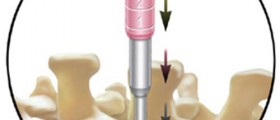
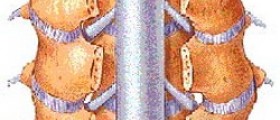
-Causes,-Symptoms,-Diagnosis,-Treatment_f_280x120.jpg)
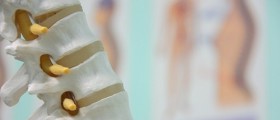
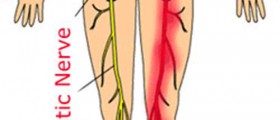
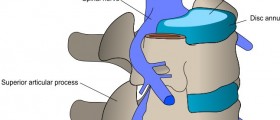
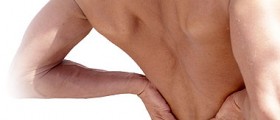

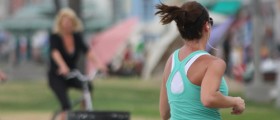
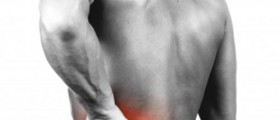
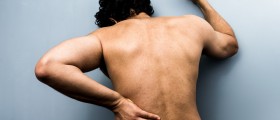

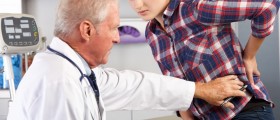
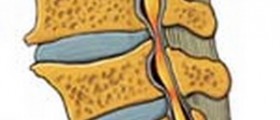
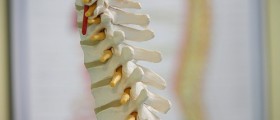
Your thoughts on this
Loading...